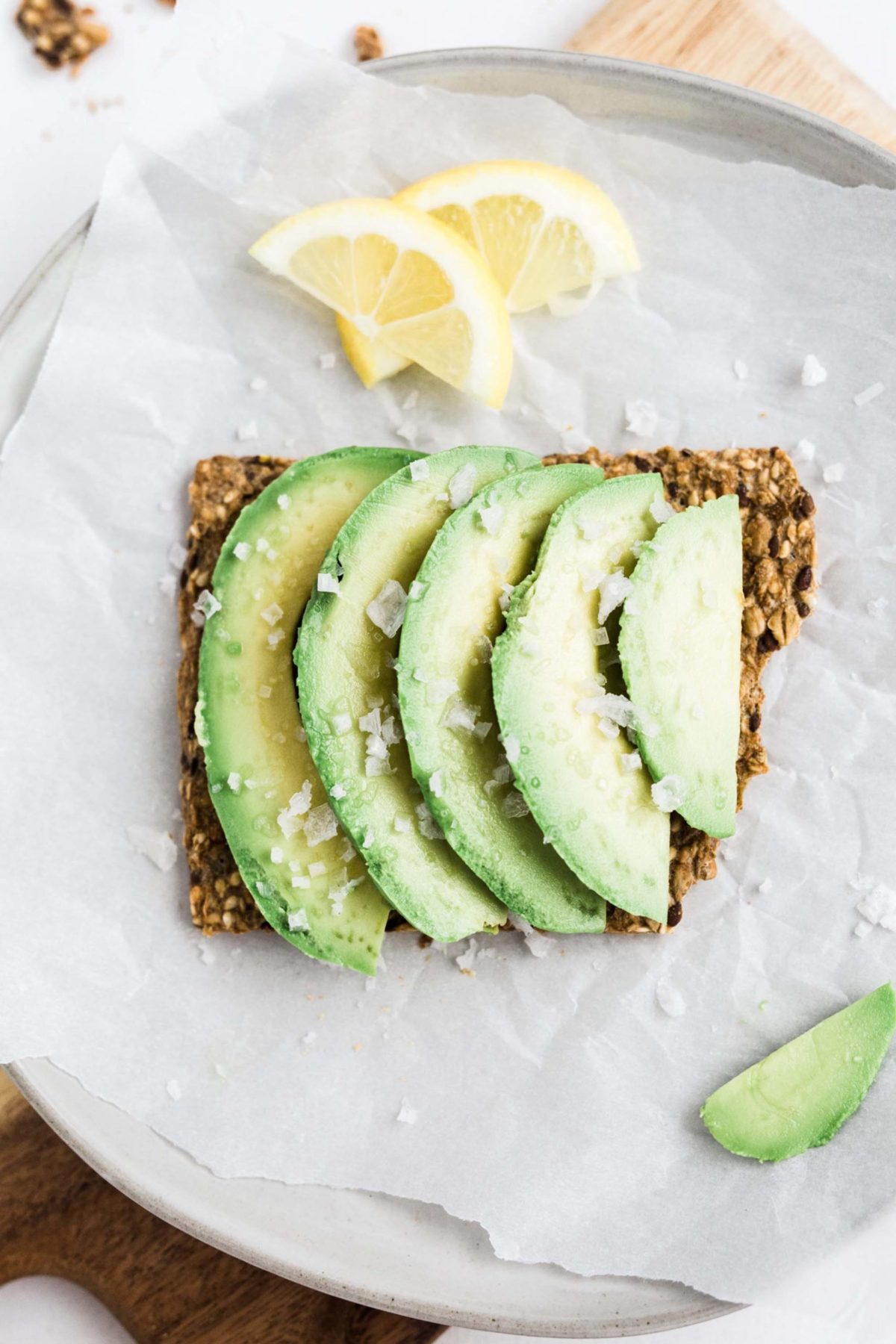How Probiotics Support Digestive Health and Immunity for the Whole Family
Our bodies are home to trillions of micro-organisms that make up the human microbiome. Recent
research emphasizes the important role the human microbiome plays in overall health, as it aids in the
digestion of food and the absorption of nutrients, all while keeping harmful bacteria in check.
The largest concentration of microbes is located in the gastrointestinal tract. This fact highlights the
importance of promoting gut microbiome balance when caring for the health of the whole family. A
simple way to help maintain a healthy gut microbiome is by consuming probiotics. Eating probiotic-rich
foods or using probiotic supplements can add to your body’s supply of beneficial microbes and help
support digestive and immune health. Take a closer look at how, by helping balance gut microbes,
probiotics play a vital role in promoting overall family health and well-being.

Understanding the Gut Microbiome
The gut microbiome refers to the diverse community of microbes inside the digestive tract. These
microorganisms support digestion and produce short-chain fatty acids that are necessary in the
synthesis of certain nutrients and may help control inflammation. When the microbiome is out of
balance, which can happen due to poor diet, stress, or illness, digestive discomfort and inflammatory
responses can follow. According to research, restoring a healthy composition of gut bacteria through
probiotics can help protect the gut against harmful microbes and maintain a healthier internal
environment.
Meanwhile, you may have also heard of prebiotics, which are non-digestible ingredients usually found in
high-fiber foods. Prebiotics may contribute to the health of the gut microbiome, since they are used and
fermented by probiotics to promote the growth of beneficial bacteria in the intestines. Thus, when it
comes to gut microbiome health, it’s not really a choice between probiotics vs prebiotic foods or
supplements. Rather, it’s a question of how to incorporate both into your family’s nutrition to aid
digestion and immunity.
Probiotics and Digestive Health
Probiotics are live microorganisms that may promote digestive health by inhibiting the growth of
pathogenic microbes. There are specific probiotic strains recommended for managing gastrointestinal
conditions such as diarrhea, inflammatory bowel disease, and irritable bowel syndrome, among others.
Additionally, probiotics encourage the production of helpful compounds like short-chain fatty acids that
modify the intestinal microflora, contributing to a healthier digestive environment.
For most individuals, probiotics may help with improved nutrient absorption and healthy bowel
movements, which may aid overall health and digestive comfort.
The Gut–Immune System Connection
Around 70% to 80% of immune cells are present in the gut, where microbes and immune cells
continuously interact. Probiotics may enhance immunity by supporting this interaction and encouraging
beneficial immune modulation. Research indicates that certain probiotic strains help modulate immune
responses and promote healthy immune cell development and balanced activity.
Probiotics for the Whole Family
Probiotics can benefit both young and old, and this makes them a valuable addition to family health
routines. For children, probiotics may help ease occasional digestive upsets and contribute to building
immunity. For adults, they may alleviate ongoing digestive issues and help bring balance to the immune
system during stressful or busy times. Likewise, older family members may find probiotics helpful for
maintaining regularity and supporting immune strength, especially since the body’s natural defenses
gradually change with age.
Be mindful, however, that since every person’s microbiome is unique, the effects of probiotics can differ
between family members. Some may notice improvements in digestion quickly, while others may see
benefits gradually over time. Yet, the bottom line is that probiotics may be helpful in encouraging the
growth of beneficial microbes, which is important for everyone in the household.
Ways to Include Probiotics in Daily Life
Families can naturally support gut health by including probiotic-rich foods, such as yogurt or fermented
vegetables, in their diets while considering varying preferences. Additionally, a balanced diet that
features a range of whole foods helps create an environment where probiotics can thrive and effectively
play their role in the gut.
Meanwhile, families may consider probiotic supplements in situations where it might be challenging to
incorporate enough probiotic-rich foods into their meals. When choosing a probiotic supplement for the
family, look for one that is processed in an FDA-registered and GMP-certified facility. This ensures that
the product you get meets strict regulatory requirements that guarantee safety and quality.
Additionally, consult a healthcare provider or your family doctor to get proper guidance on dosage for
each member. This way, you can avoid side effects and get the best results.
Maintaining your family’s health is usually best done from the inside out. Simple steps like sharing meals
rich in probiotics and taking reliable supplements that may help fill dietary gaps can bring benefits that
might be undetectable at first, but ultimately contribute to well-being over time. As a result, you can
enjoy more activities and spend time together with less worry.



